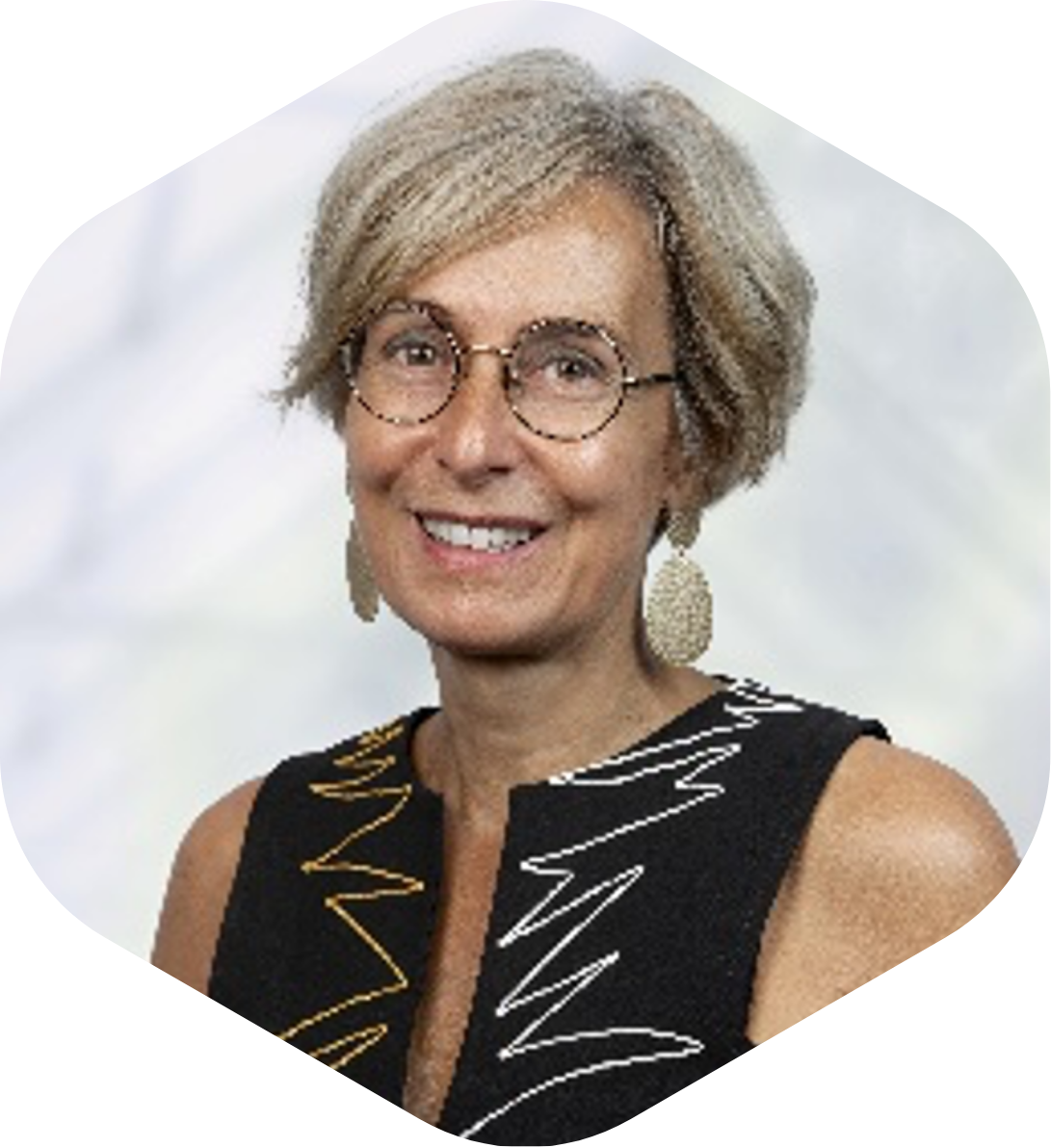Cardiomyopathies, caused by genetic mutations affecting cardiac muscle components, pose significant economic and societal burdens due to their hereditary nature and early onset. Despite known genetic defects, predicting disease progression remains challenging due to extreme clinical variability. Recent research indicates that cardiomyopathy mutations induce metabolic stress, exacerbated by factors like obesity, which can accelerate disease progression. The Double Dose hypothesis suggests that targeting metabolic stress may offer preventive or curative strategies for these conditions.
The Focus
The Double Dose Consortium aims to understand how cardiomyopathy-causing mutations lead to structural changes in cardiomyocytes. This interdisciplinary effort combines experts in preclinical research, clinical genetics, health technology assessment, and clinical care focused on cardiomyopathy in both children and adults.
The Research
The consortium combines experts in preclinical research, clinical genetics, health technology assessment and clinical researchers with a strong clinical focus on cardiomyopathy in children and adults. These experts investigate how obesity and muscle adiposity contribute to vascular and cardiac muscle dysfunction in mutation carriers through the analysis of clinical data, patient samples, and experimental models. They will also study the mechanisms underlying ultrastructural changes in cardiomyocytes caused by these mutations, leading to impaired metabolism, contraction, relaxation defects, and disrupted cellular communication within the heart.
Utilizing extensive patient cohorts and ongoing studies, the consortium aims to optimize care for cardiomyopathy patients by assessing the cost-effectiveness of diagnostics and clinical interventions. They plan to translate findings on metabolic alterations into clinical trials targeting treatments that reduce metabolic stress. The Double Dose program will establish biobanks containing serum, tissue, and induced pluripotent stem cell-derived cardiomyocytes (iPSC-CMs) to provide mechanistic insights into cardiomyopathy pathophysiology and improve diagnosis and care.
Origin
This consortium was funded through the Impulse Grant program by the Dutch Heart Foundation, together with Stichting Hartedroom. The consortium is a continuation of the Dosis consortium, in which the interaction between mutation and external factors was investigated. They found that cardiomyopathy-mutations induce metabolic stress and that secondary metabolic stress, such as obesity accelerates disease progression.

